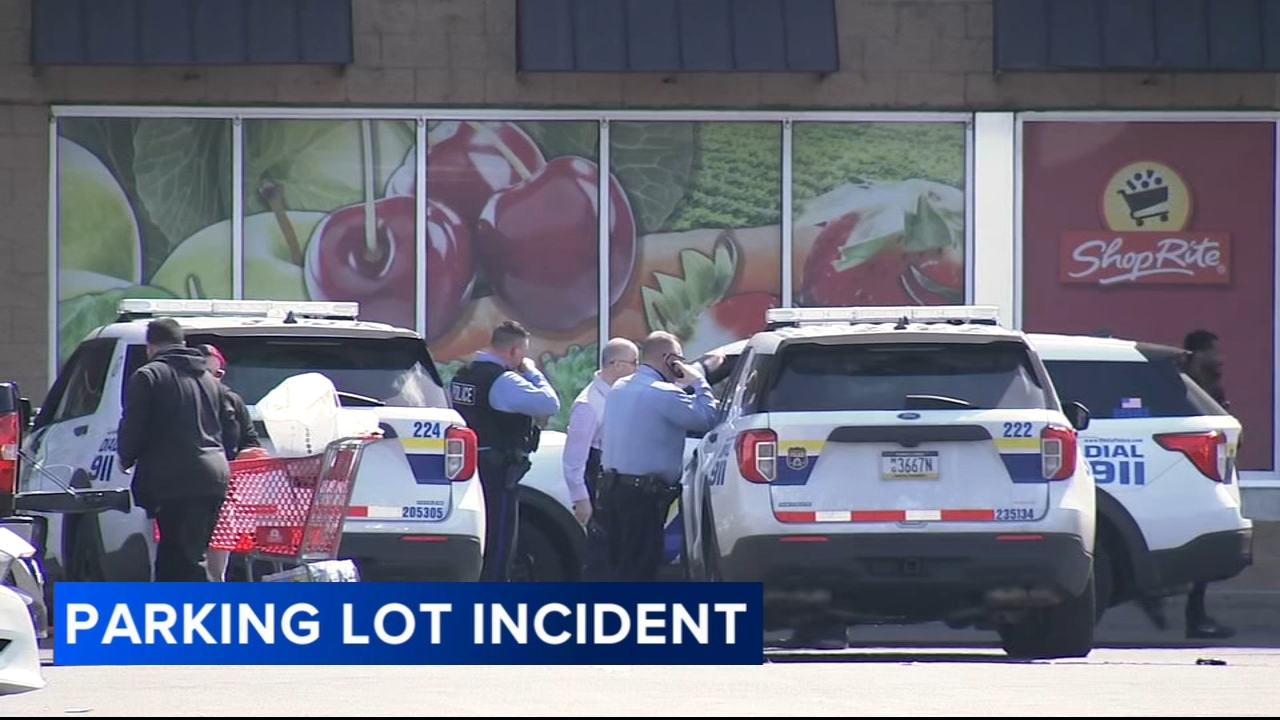Hospital's 'virtual visits' bring specialists closer to patients
ICU study shows video monitoring cuts ventilator time and deaths
ALLENTOWN, Pa. (WPVI) -- Telemedicine is a fast-growing part of health care.
Over half of all hospitals use some form of it, insurance companies are encouraging it, and Congress wants to expand Medicare coverage for it.
For one area hospital, it's bringing specialists to new places
When Bobbi Dempsey had a stroke last summer, she went to her local hospital in Hazleton.
There were no neurologists IN the hospital, but Bobbi got an immediate evaluation by Dr. Nicole Purcell of Lehigh Valley Health - by video link.
Dr. Purcell sees most patients at her home office in Harrisburg.
She also covers five hospitals that have part-time neurologists, using high-definition cameras, and two-way audio.
"I can focus in on the patient's pupils. I can focus in on any body region," says Dr. Purcell.
A nurse is on hand to help with exams.
Dr. Purcell, who has used telemedicine since 2012, says she never feels limited by the technology.
"I see anything from strokes, to movement disorders, to peripheral neuropathy, to altered mental status," she notes.
Bobbi thinks the virtual visit sped her care and recovery.
"Otherwise, I would have had to probably be transported about an hour away from home," she tells us.
Across town, telemedicine is also making a difference.
"His blood pressure looks like it's stabilizing nicely," says Dr. Brian Civic of the Advanced Intensive Care Unit to his colleague, Dr. Jennifer Rovella.
Since 2004, Lehigh Valley Hospital has also used telemedicine to add extra eyes to intensive care units overnight.
It started with one-way cameras checking patients in 2 units.
Now, full 2-way systems monitor 7 units on multiple campuses.
The AICU also covers Lehigh Valley's Schuylkill and Hazleton campuses as needed.
"We can monitor patients that are there for sudden changes in vital signs, or new labs that come up that are abnormal," says Dr. Civic.
A study by Lehigh Valley doctors published in the Archives of Internal Medicine showed a 31% drop in ICU deaths.
"We had less length of stay on the ventilator, and in the ICUs themselves," says Dr. Rovella, Lehigh Valley Health's chief of critical care.
The virtual visits also helped this past flu season, to diagnose people at home, where they're more comfortable, and won't spread germs.
-----
Send a News Tip to Action News
Learn More About 6abc Apps




